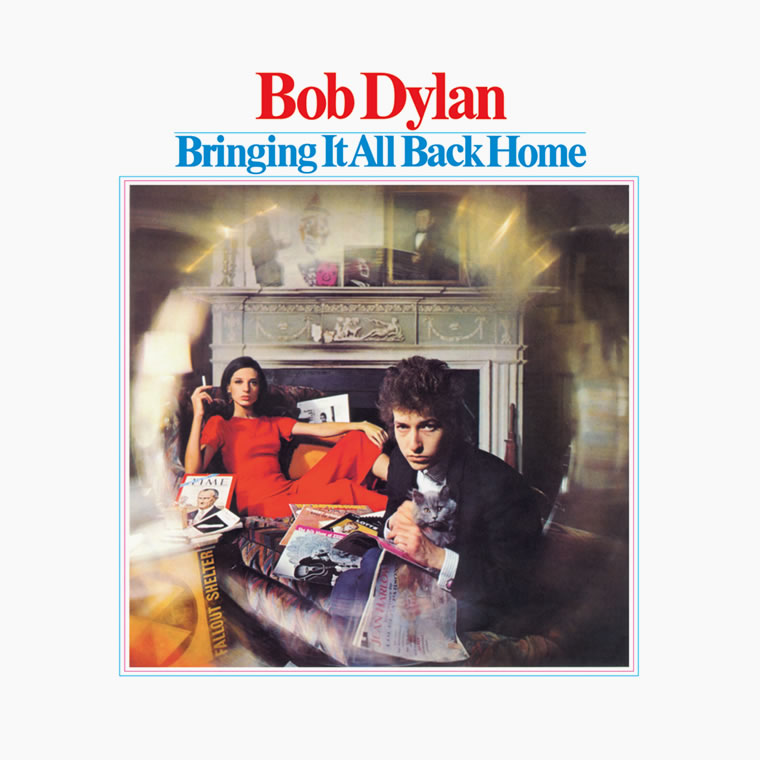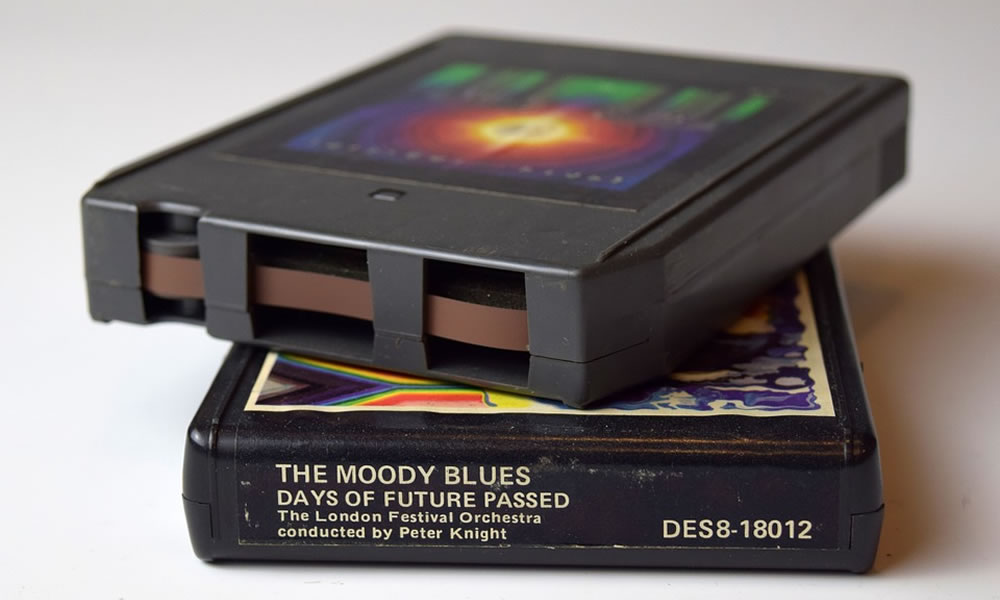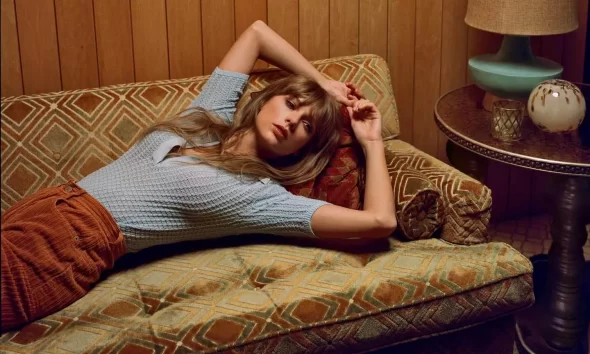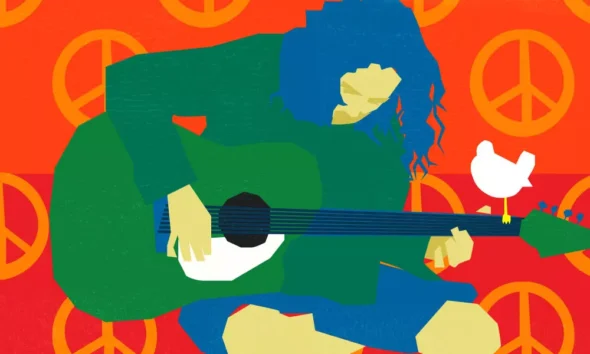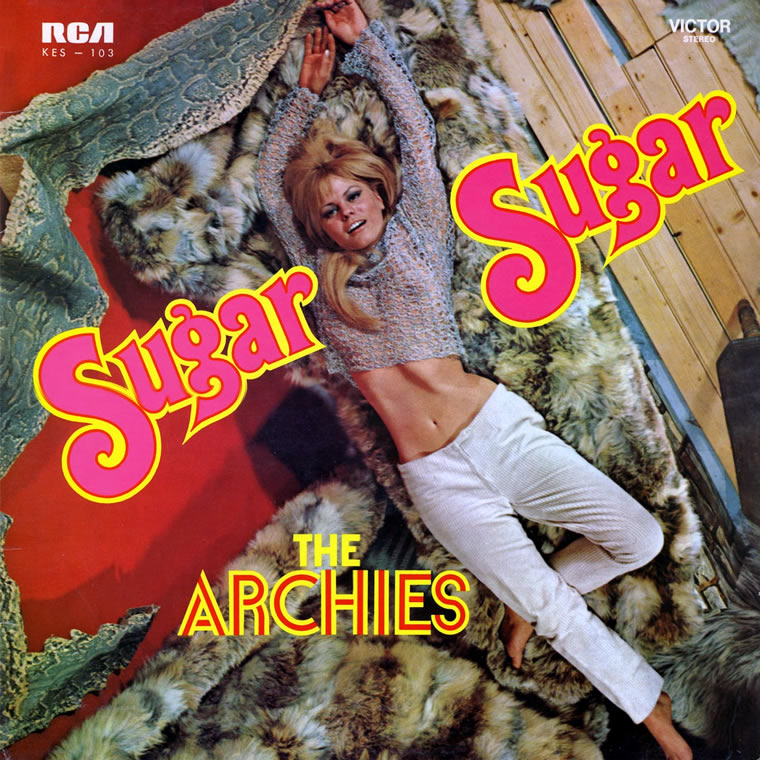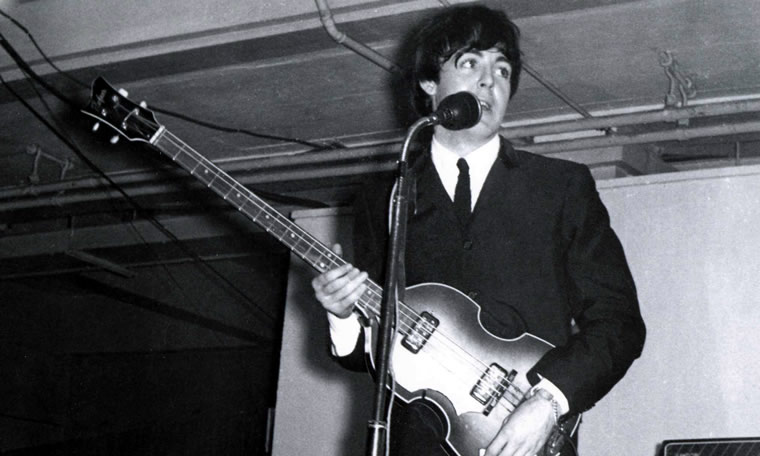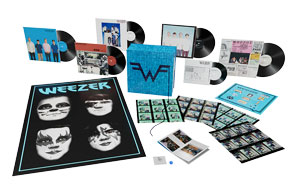Ray Charles
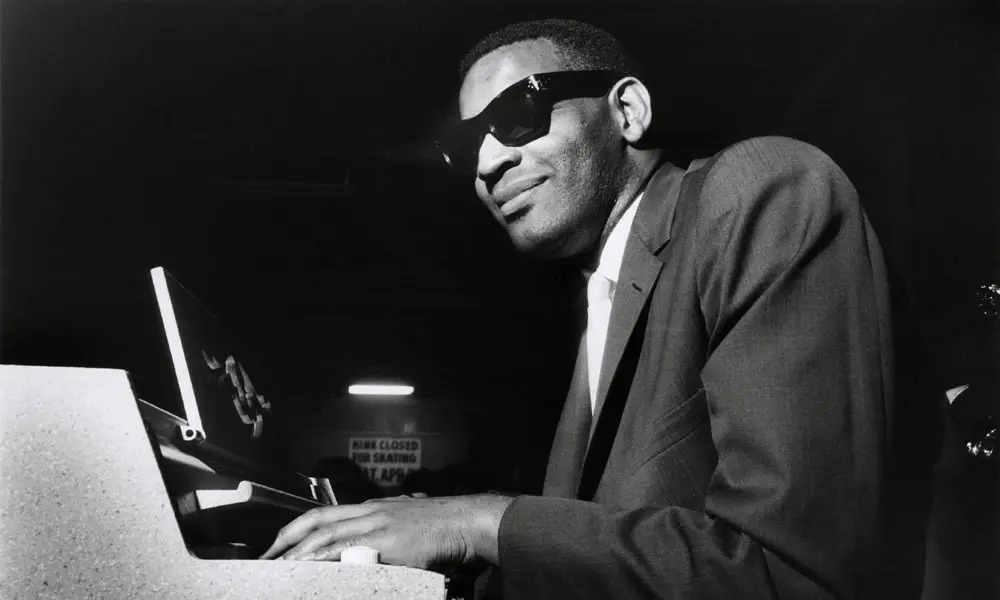

Ray Charles is regarded as one of the most iconic and influential musicians in history, and was often referred to by contemporaries as “The Genius”. Among friends and fellow musicians, he preferred being called “Brother Ray”.
Charles was born on September 23, 1930, in Albany, Georgia. He was the son of Bailey Robinson, a labourer, and Aretha (or Reatha) Robinson (née Williams), a laundress, of Greenville, Florida.
One of the most traumatic events of his childhood was witnessing the drowning death of his younger brother.
Charles started to lose his sight at the age of four or five, and was blind by the age of seven, likely as a result of glaucoma. His mother used her connections in the local community to find a school that would accept a blind African-American pupil. Despite his initial protest, Charles attended school at the Florida School for the Deaf and the Blind in St. Augustine from 1937 to 1945.
Charles started to learn the paino at the age of three and further developed his musical talent at school and was taught to play the classical piano music of Bach, Mozart and Beethoven. His teacher, Mrs. Lawrence, taught him how to use braille music, a difficult process that requires learning the left-hand movements by reading braille with the right-hand and learning the right-hand movements by reading braille with the left hand, then combining the two parts.
After leaving school, Charles moved to Jacksonville to live with Charles Wayne Powell, who had been friends with his late mother. He played the piano for bands at the Ritz Theatre in LaVilla for over a year, earning $4 a night. He joined Local 632 of the American Federation of Musicians, in the hope that it would help him get work. In 1947, Charles moved to Tampa, where he held two jobs, including one as a pianist for Charles Brantley’s Honey Dippers.
Charles moved to Seattle, Washington, in March 1948, knowing that the biggest radio hits came from northern cities. There he met and befriended, under the tutelage of Robert Blackwell, the 15-year-old Quincy Jones.
With Charles on piano, McKee on guitar, and Milton Garred on bass, The McSon Trio started playing the 1–5 A.M. shift at the Rocking Chair. Publicity photos of this trio are some of the earliest known photographs of Charles. In April 1949, he and his band recorded ‘Confession Blues’, which became his first national hit.
At 18, Charles first tried marijuana and was eager to try it as he thought it helped musicians create music and tap into their creativity. He later became addicted to heroin for seventeen years. Charles was first arrested in 1955, when he and his bandmates were caught backstage with loose marijuana and drug paraphernalia, including a burnt spoon, syringe, and needle.
After signing with Swing Time Records, Charles recorded two more R&B hits under the name Ray Charles: ‘Baby, Let Me Hold Your Hand’ (1951), which reached No. 5, and ‘Kissa Me Baby’ (1952), which reached No. 8. Swing Time folded the following year, and Ahmet Ertegun signed Charles to Atlantic Records.
In 1953, ‘Mess Around’ became his first small hit for Atlantic; during the next year, he had hits with ‘It Should’ve Been Me’ and ‘Don’t You Know’. He also recorded the songs ‘Midnight Hour’ and ‘Sinner’s Prayer’ around this time.
Charles’ contract with Atlantic expired in 1959, and several big labels offered him record deals. Choosing not to renegotiate his contract with Atlantic, he signed with ABC-Paramount in November 1959. With ‘Georgia on My Mind’, his first hit single for ABC-Paramount in 1960, Charles received national acclaim and four Grammy Awards. Written by Stuart Gorrell and Hoagy Carmichael, Charles’ rendition of the tune helped elevate it to the status of an American classic, and his version also became the state song of Georgia in 1979. Charles earned another Grammy for the follow-up track ‘Hit the Road Jack’, written by R&B singer Percy Mayfield.
The 1962 album Modern Sounds in Country and Western Music and its sequel, Modern Sounds in Country and Western Music, Vol. 2, helped to bring country music into the musical mainstream. Charles’s version of the Don Gibson song ‘I Can’t Stop Loving You’ topped the Pop chart for five weeks.
In 1964, Charles’s career was halted after he was arrested for a third time for possession of heroin. He agreed to go to a rehabilitative facility to avoid jail time and eventually kicked his habit at a clinic in Los Angeles. After spending a year on parole, Charles reappeared in the charts in 1966 with a series of hits composed with Ashford & Simpson and Jo Armstead, including the dance number ‘I Don’t Need No Doctor’ and ‘Let’s Go Get Stoned’.
Charles enjoyed playing chess. As part of his therapy when he quit heroin, he met with psychiatrist Friedrich Hacker [de], who taught him how to play chess. He used a special board with raised squares and holes for the pieces. When questioned if people try to cheat against a blind man, he joked in reply, “You can’t cheat in Chess… I’m gonna see that!”
In 1986, he was one of the first inductees to the Rock & Roll Hall of Fame at its inaugural ceremony. He also received the Kennedy Center Honors in 1986.
The United States Postal Service issued a forever stamp honoring Charles, as part of its Musical Icons series, on September 23, 2013.
He appeared in many TV shows and films including Moonlighting, Sesame Street, The Blues Brothers, St. Elsewhere and Saturday Night Live and also recorded commercials for Pepsi-Cola, singing ‘You Got the Right One, Baby!’ as his catchphrase.
During his career, he released over 60 studio albums and over 100 singles.
Charles was married twice. His first marriage lasted less than a year; his second lasted 22 years. Throughout his life, Charles had many relationships with women. He fathered a total of 12 children with ten different women. Charles held a family luncheon for his 12 children in 2002, ten of whom attended. He told them he was mortally ill and $500,000 had been placed in trusts for each of the children to be paid out over the next five years.
He died on June 10, 2004, at age 73, of complications resulting from liver failure at his home in Beverly Hills, California.
His final album, Genius Loves Company, released two months after his death, consists of duets with admirers and contemporaries: B.B. King, Van Morrison, Willie Nelson, James Taylor, Gladys Knight, Michael McDonald, Natalie Cole, Elton John, Bonnie Raitt, Diana Krall, Norah Jones and Johnny Mathis. The album won eight Grammy Awards.
In 2004 the American biographical musical drama film Ray was released. Jamie Foxx starred as the legendary performer, winning an Academy Award for his portrayal of Charles.
Important Dates In The Life Of Ray Charles:
|
25
Aug
2022
American blues vocalist Mable John died aged 91. She was the first female artist signed by Berry Gordy to Motown's Tamla label. In 1960, she released her first Tamla single, 'Who Wouldn't Love a Man Like That?' a romantic blues number, to no success. After leaving Motown, John spent several years as a Raelette, backing many Ray Charles hits.
|
|
11
Aug
2021
American guitarist, Roy Gaines died a day before his 84th birthday. He was a backing musician in sessions with the Everly Brothers, the Supremes, Bobby Darin, Stevie Wonder, and Gladys Knight. Gaines co-wrote the song ‘No Use Crying’, which was recorded by both George Jones and Ray Charles.
|
|
1
Oct
2019
American blues guitarist Beverly Watkins died age 80. She worked with artists like James Brown, B.B. King, and Ray Charles.
|
|
21
Oct
2013
Sid Bernstein, the concert promoter who staged early US shows by The Beatles and The Rolling Stones, died aged 95. Bernstein booked The Beatles for their legendary show at Shea Stadium in New York in 1965, which was the first concert to be staged in a stadium. Bernstein also promoted the Fab Four's gigs at Carnegie Hall in New York on their first US tour in 1964. He also arranged The Rolling Stones first five US gigs and shows for Judy Garland, Ray Charles and Tony Bennett.
|
|
30
Mar
2013
US music producer and pioneer of digital recording, Phil Ramone, died aged 79. Ramone was regarded as one of the most successful producers in history, winning 14 Grammy awards and working with stars such as Ray Charles, Bob Dylan, Elton John and Paul McCartney. He produced the first major commercial release on CD, Billy Joel's 1982 album 52nd Street. Ramone had been in hospital for several weeks, where he was being treated for an aortic aneurysm.
|
|
4
Oct
2008
Darius Rucker former singer with Hootie & the Blowfish went to No.1 on the US Country chart with his first country single, 'Don't Think I Don't Think About It,' making him the first African American singer to top the chart since 1985, when Ray Charles hit the top with 'Seven Spanish Angels,' a duet with Willie Nelson.
|
|
15
Aug
2008
US record producer Jerry Wexler, who influenced the careers of singers including Aretha Franklin, Ray Charles and Bob Dylan died at his home in Sarasota, Florida aged 91. Wexler produced the Aretha Franklin hit 'Respect', the Wilson Pickett song, 'In the Midnight Hour' and helped Bob Dylan win his first Grammy award by producing the 1979 album, Slow Train Coming. He also coined the term ‘rhythm and blues’ while writing for Billboard magazine in the late 1940s.
|
|
28
May
2008
American guitarist Jerry Cole died aged 68. He first entered the pop music scene as one of The Champs along with Glen Campbell. Cole and Campbell later formed the Gee Cee's and released one single called 'Buzzsaw Twist'. He backed up Elvis Presley in 1974 and also worked with Jerry Lee Lewis, Roy Orbison, Aretha Franklin, The Righteous Brothers, Little Richard, Ray Charles, Tony Orlando & Dawn, Lou Rawls, Gregg Allman, Lee Hazlewood, Blood Sweat & Tears, Kenny Rogers, Neil Diamond, Steely Dan, The Beach Boys and Isaac Hayes.
|
|
29
Oct
2007
Walk the Line, the film about the life of singer Johnny Cash was voted the greatest music biopic in a poll. The film starred Joaquin Phoenix and Reese Witherspoon as Cash and his wife June Carter as the country stars and won the actress an Oscar in 2006. It was followed by rapper Eminem's 8 Mile, with Mozart's life story Amadeus next and Ray, starring Jamie Foxx as musician Ray Charles, at number four. The most recent film in the top 10 was Joy Division biopic Control.
|
|
14
Dec
2006
The co-founder of Atlantic Records Ahmet Ertegun died, aged 83. Ertegun who founded Atlantic Records with Herb Abramson in 1947 helped make Ray Charles and Aretha Franklin stars and signed The Rolling Stones and Led Zeppelin in the early 70s. He suffered a head injury when he fell at a Rolling Stones concert at New York's Beacon Theatre in October, and died after slipping into a coma.
|
|
6
Jun
2006
Billy Preston died of kidney failure. The Grammy-winning keyboard player collaborated with some of the greatest names in the music industry, including The Beatles, the Rolling Stones, Nat King Cole, Little Richard, Ray Charles, George Harrison, Elton John, Eric Clapton and Bob Dylan. Preston is among those sometimes known as the "Fifth Beatle". After befriending the group in 1962, Preston joined the Get Back sessions in January 1969. At one point John Lennon proposed the idea of having Preston join the band.
|
|
9
Sep
2005
Terry Howard a studio engineer who had been accused of stealing recordings belonging to late soul singer Ray Charles was cleared of all charges in a Los Angeles court. Howard who had worked for Charles for 20 years had been arrested in February after dozens of recordings belonging to Ray Charles Enterprises were seized from his home.
|
|
26
Aug
2005
A post office near the Los Angeles studio where Ray Charles recorded much of his music was renamed after the R&B legend. A federal bill was signed by US President George Bush to rename the post office. Charles, died in June 2004 at the age of 74, suffering from acute liver disease.
|
|
10
Jun
2004
US singer, songwriter Ray Charles died aged 73. Glaucoma rendered Charles blind at the age of six. He scored the 1962 UK & US No.1 single 'I Can't Stop Loving You' plus over 30 other US Top 40 singles and the 2005 US No.1 album 'Genius Loves Company.' Charles who was married twice and fathered twelve children by nine different women appeared in the 1980 hit movie, The Blues Brothers was also the winner of 17 Grammy Awards.
|
|
17
Nov
2003
American country music legend Don Gibson died of natural causes aged 75. Scored the 1958 US No.7 single 'Oh Lonesome Me', (covered by Neil Young on his After The Gold Rush album), 1961 UK No.14 single 'Sea Of Heartbreak'. His song ‘I Can't Stop Loving You’, has been recorded by over 700 artists, most notably by Ray Charles in 1962.
|
|
12
Jul
2003
Saxophonist, composer and arranger Benny Carter died aged 95. He worked with Miles Davis, Ella Fitzgerald, Ray Charles and composed many TV theme's including Ironside and M-Squad.
|
|
22
Apr
2003
Songwriter Felice Bryant died of cancer. Wrote many hits with her husband Boudleaux including; The Everly Brothers, 'Bye Bye Love', 'All I Have To Do Is Dream', 'Wake Up Little Susie' and 'Raining In My Heart' a hit for Buddy Holly. Other acts to record their song include Bob Dylan, The Beatles, Tony Bennett, Simon And Garfunkel, Sarah Vaughan, Grateful Dead, Dolly Parton, Elvis Presley, The Beach Boys, Roy Orbison, Elvis Costello, Count Basie, Dean Martin, Ruth Brown, Cher, R.E.M. and Ray Charles.
|
|
19
Jul
2001
American soul and gospel singer Judy Clay died. Was a member of the Drinkard Singers - who later became better known as The Sweet Inspirations , also worked with Billy Vera, and had hits with William Bell (Private Number), and sang with Wilson Pickett and Ray Charles.
|
|
23
Apr
1995
Peter Hodgson, from Liverpool found a tape in his attic containing 16 of The Beatles earliest recordings made in 1959. The tape included 'Hello Little Girl', a Lennon-McCartney composition that the Beatles never recorded and Ray Charles 'Hallelujah, I Love Her So'. The sessions had been made on a reel-to-reel recorder that Hodgson's father had lent to Paul McCartney.
|
|
25
Jun
1987
Songwriter Boudleaux Bryant died. Wrote with his wife Felice, The Everly Brothers hits, 'Bye Bye Love', 'All I Have To Do Is Dream', 'Wake Up Little Susie' and 'Raining In My Heart' a hit for Buddy Holly. Other acts to record their song include Bob Dylan, The Beatles, Simon And Garfunkel, Grateful Dead, Dolly Parton, Elvis Presley, The Beach Boys, Roy Orbison, Dean Martin, Ruth Brown, Cher, R.E.M. and Ray Charles.
|
|
27
Apr
1985
USA For Africa started a three-week run at No.1 on the US chart with We Are The World. The US artists' answer to Band Aid had an all-star cast including Stevie Wonder, Tina Turner, Bruce Springsteen, Diana Ross, Bob Dylan, Daryl Hall, Huey Lewis, Cyndi Lauper, Kim Carnes, Ray Charles, Billy Joel and Paul Simon plus the composer's of the track, Michael Jackson and Lionel Richie.
|
|
20
Apr
1985
The charity record We Are The World by USA For Africa was at No.1 on the UK singles chart. The US artists' answer to Band Aid had an all-star cast including Stevie Wonder, Tina Turner, Bruce Springsteen, Diana Ross, Bob Dylan, Daryl Hall, Huey Lewis, Ray Charles, Billy Joel and Paul Simon plus the composer's of the track, Michael Jackson and Lionel Richie.
|
|
28
Jan
1985
The recording took place for We Are The World the US equivalent of Band Aid at A&M Studios in Hollywood. Written by Michael Jackson and Lionel Richie the all star cast included Stevie Wonder, Tina Turner, Bruce Springsteen, Diana Ross, Bob Dylan, Ray Charles, Daryl Hall, John Oates, Cyndi Lauper, Steve Perry and Bob Geldof.
|
|
28
Mar
1983
American singer Jean King from the Phil Spector produced girl group the Blossoms died from a heart attack age 44. King had also performed in Ray Charles' backing group the Raelettes and sung backup for Elvis Presley, Tom Jones, Nancy Sinatra, and Bill Medley.
|
|
27
Dec
1981
American composer, pianist, singer, actor, and bandleader Hoagy Carmichael died aged 82. Composer of 'Georgia On My Mind', (covered by many acts including Ray Charles), 'Star Dust' and 'Lazy River'.
|
|
24
Apr
1979
Ray Charles' 'Georgia On My Mind' was proclaimed the state song of Georgia. The music to the song was written in 1930 by Hoagy Carmichael who also recorded a version of the song in New York in the same year. Ray Charles, a native of Georgia, recorded it in 1960 on the album The Genius Hits the Road.
|
|
9
Oct
1978
Belgian singer-songwriter Jacques Brel died of cancer aged 49. Artists who recorded his songs include, Ray Charles, Scott Walker, Alex Harvey, Frank Sinatra, Dusty Springfield, David Bowie, Nina Simone and Terry Jacks.
|
|
28
Feb
1977
Ray Charles was attacked onstage by a man who tried to strangle him with a microphone cord. The man was a member of a group called Project Heavy, a community program for disadvantaged youths. They promised that the matter would be handled within the organization and no charges were laid.
|
|
1
May
1969
Bob Dylan recorded an appearance for The Johnny Cash Show at the Ryman Auditorium in Nashville, Tennessee. After two solo numbers from Dylan, Johnny Cash joined him for a rendition of 'Girl From The North Country'. In this primetime show, Cash enjoyed booking contemporary performers as guests; Neil Young, James Taylor, Ray Charles and Eric Clapton were all booked to appear on forthcoming shows.
|
|
3
Dec
1966
Ray Charles was given a five-year suspended prison sentence and a $10,000 fine after being convicted of possessing heroin and marijuana. Charles began a heroin addiction that would span decades during his teen years.
|
|
31
Oct
1964
Ray Charles was arrested by Logan Airport customs officials in Boston and charged with possession of heroin. This was his third drug charge, following incidents in 1958 and 1961. Charles avoided prison after kicking the habit in a clinic in Los Angeles but spent a year on parole in 1966.
|
|
12
Jul
1962
Ray Charles was at No.1 on the UK singles chart with the Don Gibson penned country ballad 'I Can't Stop Loving You'. His only UK No.1 was taken from his Modern Sounds in Country and Western Music album.
|
|
2
Jun
1962
Ray Charles started a five-week run at No.1 on the US singles chart with the Don Gibson penned country ballad 'I Can't Stop Loving You'. The song was also a No.1 in the UK.
|
|
29
May
1962
Chubby Checker won a Grammy Award for Best Rock and Roll Recording for ‘Let's Twist Again’. Written by Kal Mann and Dave Appell, the song refers to the Twist dance craze and Checker's 1960 single 'The Twist', a two-time US No.1 single (in September 1960 and again in January 1962 on re-release). Also at the awards Ray Charles won Best Rhythm & Blues Recording for ‘Hit The Road Jack’.
|
|
1
May
1962
The Beatles started a month long residency at The Star Club, Hamburg, Germany. American musicians including Ray Charles, Bo Diddley, Fats Domino, Everly Brothers, Bill Haley, Jimi Hendrix and Jerry Lee Lewis also all appeared here. The club had a capacity of 2,000 people, and cinema-style seating was destroyed by a fire in 1987.
|
|
15
Feb
1962
Ray Charles recorded 'I Can't Stop Loving You' at United Studios in Hollywood, California. The tune would go on to top both the US and UK charts and would be included on the LP 'Modern Sounds In Country / Western Music', which would lead the Billboard album chart for 14 weeks.
|
|
5
Feb
1962
The first days recording sessions for Ray Charles’ Modern Sounds in Country and Western Music took place at Capitol Studios in New York City. Regarded by many critics as Charles's best studio album, the albums lead single, ‘I Can't Stop Loving You’, became a huge hit on country music radio stations and the record has now shipped over 500,000 copies in the United States alone.
|
|
9
Oct
1961
Ray Charles started a two-week run at No.1 on the US singles chart with 'Hit The Road Jack'. Written by the rhythm and blues singer Percy Mayfield the song also gave Charles a No.6 hit on the UK chart and won a Grammy Award for Best Rhythm and Blues Recording, becoming one of Charles' signature songs.
|
|
14
Nov
1960
Ray Charles went to No.1 on the US singles chart with 'Georgia On My Mind', a No.24 hit in the UK. His cover of Hoagy Carmichael's 1930 standard, became the first of three No.1 hits for the singer. In 1979, the State of Georgia designated Ray Charles' version the official state song and the song has become part of the Great American Songbook tradition.
|
|
18
Feb
1959
Ray Charles recorded 'What'd I Say', in New York City. The song had evolved in concert as a call-and-response between Charles and his female back-up singers. It became Charles' biggest hit to date, reaching No.1 on the R&B and No.6 on the pop charts. The gospel and rhumba influences combined with the sexual innuendo in the song made it not only widely popular but very controversial to both white and black audiences. It earned Ray Charles his first gold record.
|
|
15
Mar
1955
Ray Charles peaked at No.2 on the US R&B charts with the Atlantic single 'I Got A Woman', widely considered the first song to be labelled "soul" - a blending of R&B and gospel. Elvis Presley recorded a version of the song and it was a staple in most of Presley's shows during the 1950s and when he returned to perform live in 1969 all the way through 1977. The Beatles also recorded versions of the song for the BBC Pop Go the Beatles radio show.
|
|
11
Sep
1952
After Atlantic Records bought Ray Charles' contract from Swingtime for $2,500, Charles recorded his first session for Atlantic, cutting four songs. Over the next seven years, he would record such classics as ‘Mess Around,’ ‘I Got a Woman,’ ‘Hallelujah, I Love Her So’ and ‘What'd I Say.’
|


